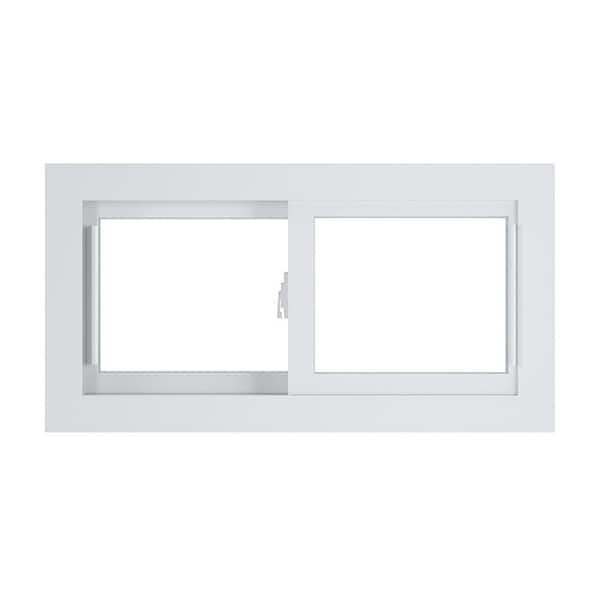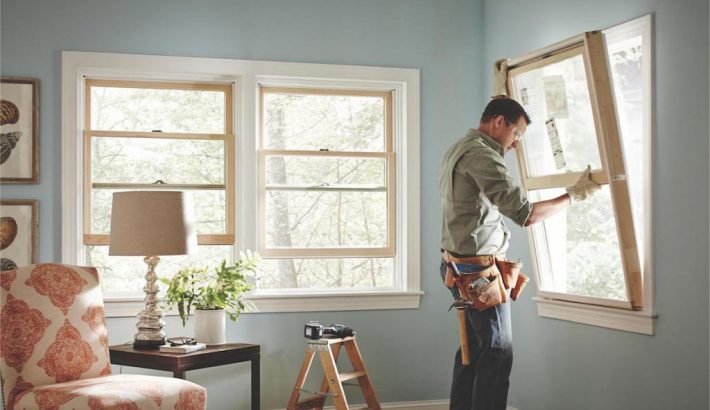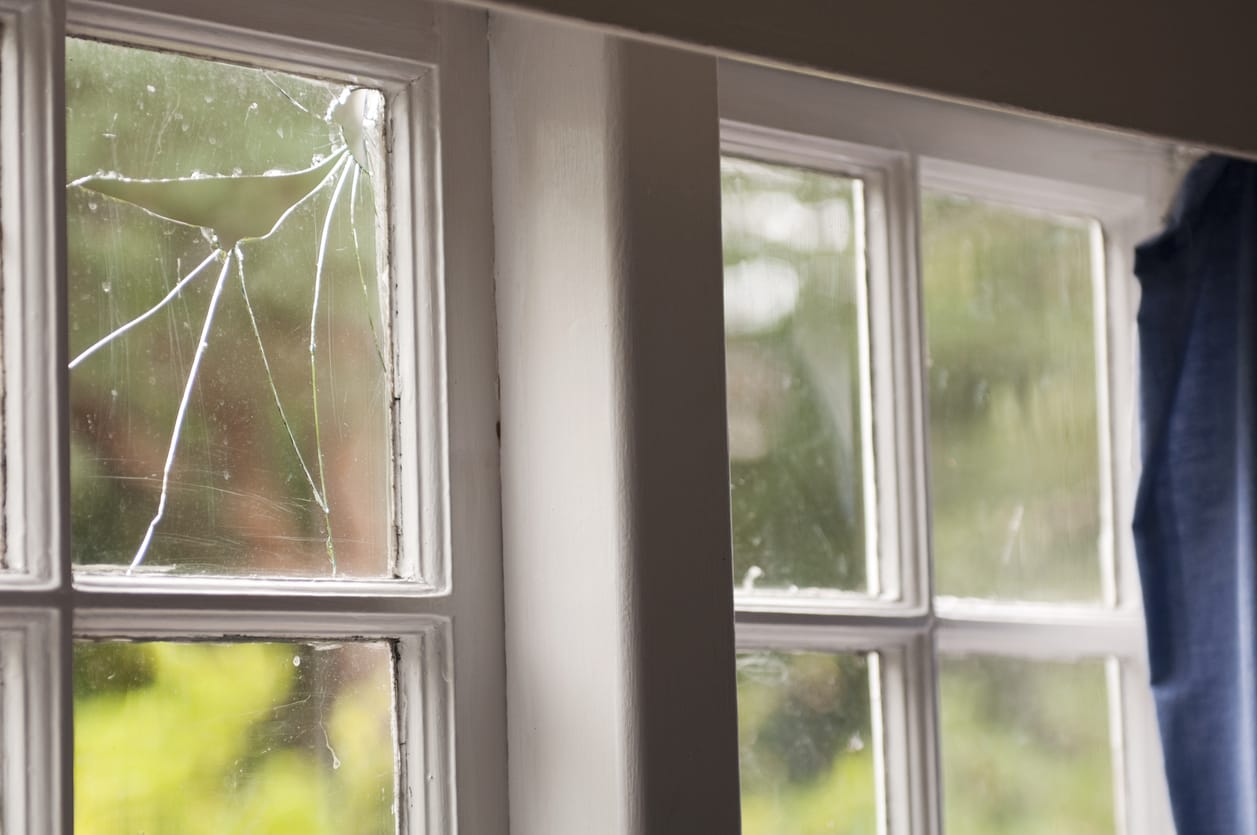Upgrade Your Home With Energy-Efficient Home Window Replacements
In the world of home renovation, the choice to update to energy-efficient window substitutes can considerably affect both the capability and looks of a house (Jersey Village window replacement). As property owners look for means to enhance the effectiveness and sustainability of their home, the selection of windows plays a critical function in attaining these goals. Beyond the surface level of simple looks, energy-efficient home windows offer a wide range of benefits that exceed mere curb appeal. With a cautious choice procedure that considers different factors, from glass types to installation techniques, starting this home upgrade journey could show to be a transformative venture.
Benefits of Energy-Efficient Windows

The installation of energy-efficient home windows provides significant cost savings on energy expenses while enhancing ecological sustainability. Energy-efficient windows are created to reduce warmth loss and gain, minimizing the requirement for home heating and cooling systems to burn the midnight oil. By successfully insulating the home, these windows aid preserve a comfy indoor temperature level year-round, causing lower power usage and lowered utility expenses. In addition, energy-efficient windows can help regulate dampness degrees within the home, decreasing the threat of mold and mold growth.
Beyond the financial benefits, energy-efficient windows add to ecological sustainability by lowering carbon discharges connected with power manufacturing. By lowering power use, these home windows help reduce the environmental effect of air conditioning, home heating, and lights property rooms. This decrease in energy usage plays an important duty in combating environment adjustment and advertising a greener future for generations ahead. On the whole, purchasing energy-efficient windows not just enhances the comfort and effectiveness of a home but also aligns with ecologically conscious practices.
Sorts Of Energy-Efficient Glass
Numerous advanced kinds of energy-efficient glass deal distinct buildings that deal with different demands and choices in enhancing the sustainability and efficiency of structures. Low-emissivity (Low-E) glass is a popular alternative created to reduce the quantity of ultraviolet and infrared light that can pass with the glass, thus reducing warmth transfer. This type of glass aids preserve a consistent interior temperature, lowering the requirement for home heating or cooling systems, and ultimately decreasing energy expenses. Another ingenious choice is spectrally selective glass, which permits visible light to go through while blocking particular sorts of infrared radiation. This assists in keeping a comfortable interior environment while lessening heat gain. Triple-pane glass, including three layers of glass with protecting gas in between them, offers boosted thermal insulation, making it highly energy-efficient. Furthermore, self-cleaning glass with an unique finish that damages down and loosens dust when revealed to sunlight can reduce maintenance demands and keep windows looking tidy. Each my link sort of energy-efficient glass offers distinct advantages, permitting homeowners to select one of the most ideal choice based on their particular demands and objectives.
Variables to Think About When Picking
When pondering energy-efficient window substitutes, it is vital to carefully examine certain aspects that align with your sustainability purposes and wanted energy financial savings. The U-factor procedures just how well the window protects, with reduced numbers showing much better insulation, while the SHGC shows the window's capability to obstruct warmth from sunshine. By thoroughly assessing these variables, you can select energy-efficient windows that improve comfort, minimize power prices, and profit the environment.
Installation and Maintenance Tips

Regular upkeep is key to maintaining the efficiency of your energy-efficient home windows. Check the weather-stripping and seals for any kind of splits or gaps and change them if required to maintain the home windows' energy efficiency. window replacement.
Furthermore, lube relocating parts such as locks and joints to make sure smooth procedure. By complying with these installment and maintenance ideas, you can boost the energy effectiveness of your home and lengthen the lifespan of your energy-efficient windows.
Cost-Benefit Analysis of Upgrading

Energy-efficient home windows are developed to minimize warmth transfer, minimizing the requirement for heating and cooling down systems to burn the midnight oil. This can lead to substantial cost savings on power expenses, particularly in areas with extreme temperature levels. Furthermore, energy-efficient windows can boost the total value of your home, making it a lot more attractive to possible purchasers if you decide to offer in the future.
When calculating the cost-benefit evaluation, consider the possible savings on power bills, any type of available rewards or rebates, and the life expectancy of the windows. While the preliminary price may be greater, the you can find out more long-term cost savings and advantages of energy-efficient windows make them a clever investment for house owners looking to enhance their property's energy performance and value.

Conclusion
In final thought, updating to energy-efficient home window replacements supplies various benefits such as decreased energy consumption, enhanced comfort, and cost savings. By selecting the appropriate kind of energy-efficient glass and considering factors like structure product and installment, house owners can make best use of the performance of their home windows.
When considering energy-efficient window replacements, it is important to very carefully examine certain elements that align with your sustainability purposes and wanted energy savings. The U-factor measures just how well the window insulates, with reduced numbers suggesting much better insulation, while the SHGC indicates the home window's capability to block heat from sunlight. By carefully reviewing these aspects, you can choose energy-efficient home windows that improve comfort, reduce energy costs, and profit the setting.
While energy-efficient windows might have a greater in advance expense compared to traditional home windows, the long-term advantages commonly outweigh the first investment.In verdict, upgrading to energy-efficient home window replacements supplies various advantages such as decreased power consumption, raised comfort, and price savings.